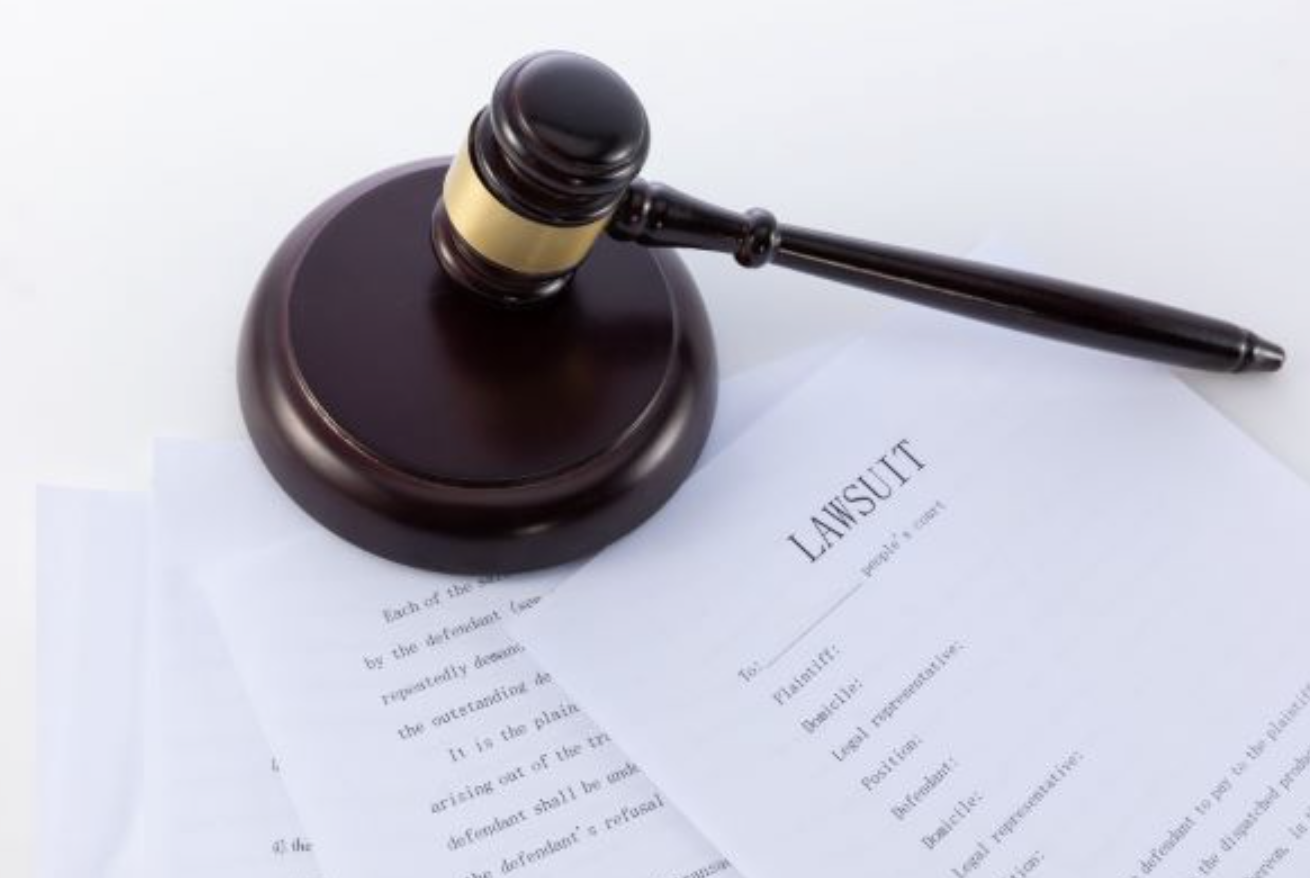It’s always risky to reveal your legal strategy to other people or post the information on social media. Don’t do it!
Research shows that the complications and uncertainties involved with pursuing personal injury claims can cause negative psychological problems and slow the physical recovery from injuries.
According to researchers, that’s part of the reason why some people don’t pursue the compensation they deserve. However, the long-term effects and expenses associated with certain injuries make it prudent to seek compensation. In addition, staying organized, upbeat, and noticing the details could help you win your personal injury case without experiencing too much stress over the process.
Another key component of a successful personal injury claim or a lawsuit is having the best legal help possible. Therefore, hiring an experienced and skilled attorney ranks as the most critical step in the process. Contact one of Bogin, Munns & Munns personal injury lawyers to plan your legal strategy. It is crucial to choose a law firm in your state with proven expertise and a successful track record in winning PI cases.
But besides getting the best attorney, here are some other methods to employ to ensure your claim’s success.
Maintain a Positive Attitude
You should try to maintain a professional, positive attitude about your case as if it were just another work duty, which it is in a sense. The right attitude can help you face the claims and counterclaims with patience and positive expectations. In addition, your attorney can prove invaluable as a source of advice, and many attorneys help their clients by representing them on a contingency basis. That means if you don’t recover any money, you don’t have to pay the lawyer for legal services. The lawyer might also recommend a lender that offers low-interest litigation financing loans that you could use for personal living expenses.
Keep the Details of the Case Private

It’s always risky to reveal your legal strategy to other people or post the information on social media. The information magically finds its way to members of your adversary’s legal team. If you admit that you weren’t badly injured to your friends or in social media posts, expect the revelation to appear in court. Don’t discuss liability with insurance companies or anyone else.
Follow All the Necessary Steps Your Attorney Recommends
Other important actions you can take to help your case include:
- Study Similar Cases. You can learn how to testify effectively by studying successful cases. In addition, you can learn what to expect to avoid getting blindsided by an aggressive attorney. Your lawyer will prep you and teach you a few things, but it is best to understand the process to manage it better.
- Get a Medical Professional on Your Side. Getting medical treatment is essential for confirming your injuries. Try to develop a sympathetic relationship with your doctor. Reveal any things you can no longer do as usual due to your injuries.
- Prove Your Injuries. According to the American Bar, every tort must prove liability and losses to get the damages you need. So, focus on how you can prove your pain, suffering, and major lifestyle changes. That might require proving that you missed baseball tryouts at school, suffered special treatment at work, or no longer pursued normal daily activities.
- Avoid Exaggeration. Don’t exaggerate about your injuries, but don’t minimize the consequences either. Stating clearly what you can no longer do without excessive emotion impresses judges and juries.
- Trust the Process. Even if your case gets delayed continually, you should continue to trust the process and not settle for what seems like a lot of money. Your attorney knows about how much your case is worth, and seemingly large settlements might evaporate quickly. Medical bills, rehabilitation costs, property damages, lost wages, and extensive home remodeling are often the costs of leading a normal life. Moreover, your legal adversary might be delaying the case deliberately to get a quick settlement at a lowball offer.
- Start and Maintain a Journal. Keeping a journal about the accident and your injuries helps you recall details like weather conditions, navigational hazards, witness contact information, and other details of your case. Keeping a personal injury journal is highly recommended. The journal contains your firsthand account of what happened before your memory begins to fade. You can record important information about witness observations, guilty actions you observed in the other party responsible for your injuries, etc. Include detailed information about how the pain and injuries affect your everyday life.
Final Thoughts
Your attorney has experience in litigating personal injury cases. The advice includes things to avoid mentioning, how to present yourself, and important things to include in your testimony. Don’t try to second-guess or upstage your attorney because those strategies almost always backfire.


Join the conversation!